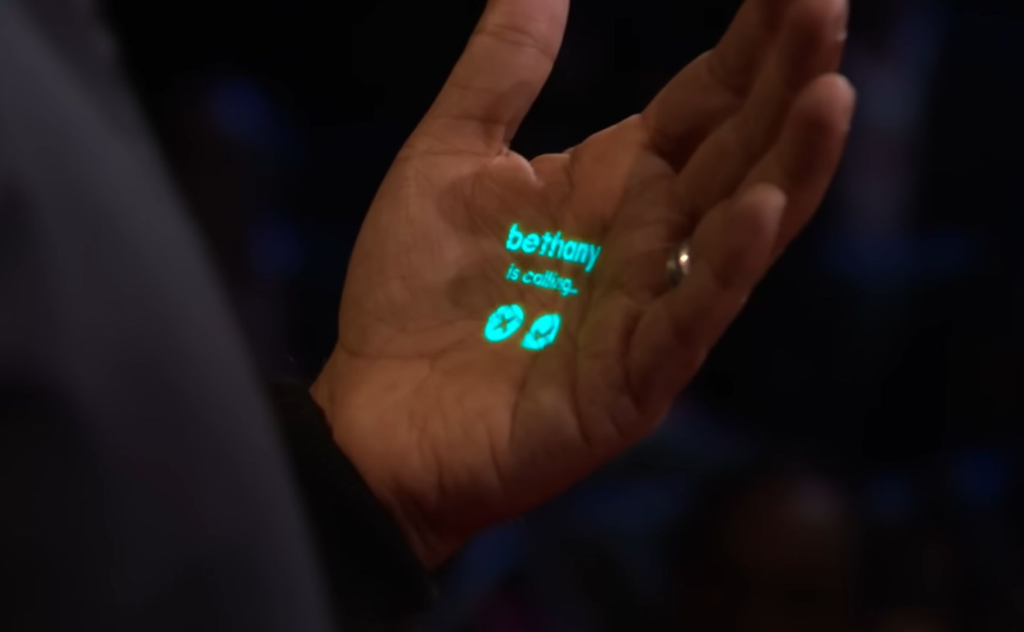The tech industry has been abuzz with discussions following HP’s recent acquisition of Humane, the AI wearable startup that once garnered immense investor enthusiasm. With a deal valued at $116 million—less than half of the $240 million the company raised in venture capital—this acquisition marks the end of Humane’s ambitious AI Pin project and raises critical questions about the viability of AI-powered wearables in today’s market.
Humane’s AI Pin: A Short-Lived Vision
Humane’s AI Pin, a $499 wearable device designed to function as a personal AI assistant, was initially positioned as a revolutionary product aimed at redefining human-device interaction. However, despite its bold vision and substantial backing, the AI Pin struggled to gain traction. Critics cited various issues, including high costs, limited functionality, and the challenge of convincing consumers to replace their smartphones with a new form factor. The acquisition by HP has officially sealed the fate of the AI Pin, with sales being discontinued immediately and cloud-based services shutting down after February 28, rendering the device effectively unusable.
The Financial and Workforce Impact
Following the acquisition, HP extended job offers to select Humane employees, reportedly offering pay increases of 30% to 70%, alongside stock options and bonus plans. However, many employees—particularly those closely involved with the AI Pin’s hardware—were left without positions, signaling a shift in focus within HP’s strategy. While the specifics of HP’s long-term plans for Humane’s technology remain unclear, the acquisition underscores the volatile nature of AI-driven startups and the challenges of sustaining innovation in a competitive marketplace.
What’s Next for HP?

HP’s interest in Humane suggests that the company sees potential in AI-integrated hardware, possibly for enterprise applications or future consumer products. Given HP’s established presence in computing and printing, it remains to be seen whether the company will leverage Humane’s intellectual property to develop a new category of AI-driven devices or integrate the technology into its existing product ecosystem.
Lessons from Humane’s Demise
The fall of Humane serves as a cautionary tale for startups venturing into uncharted technological territory. While AI continues to drive innovation across multiple industries, success in hardware requires more than just advanced technology—it demands a seamless user experience, clear market demand, and sustainable business models. Companies looking to disrupt established markets with AI-powered devices must carefully balance innovation with practicality, ensuring that their products address genuine consumer needs rather than serving as futuristic experiments with limited real-world application.
Final Thoughts
HP’s acquisition of Humane is a significant moment in the AI and wearable tech landscape. While it marks the end of Humane’s ambitious AI Pin project, it also highlights the evolving dynamics of the AI industry. Whether HP can capitalize on this acquisition to build something truly groundbreaking remains to be seen, but one thing is certain: the race to integrate AI into everyday life is far from over.
Also Read : MacBook Pro 15″ (Early 2011) Teardown & Analysis

